By Ajuma Edwina Ameh
Latest report by the Socio-Economic Rights and Accountability Project (SERAP) has revealed that the widespread and systemic corruption in ministries, departments and agencies (MDAs), especially in the education, health and water sectors are plunging millions of Nigerians further into poverty.
The report states that 27.4 million Nigerians earn below N100,000 per annum, a figure which according to SERAP represented 48.9 per cent of persons living in abject poverty in the country.
This is contained in a statement signed by its Deputy Director, Kolawole Oluwadare, and made available to Persecondnews.
According to the report, budget fraud, procurement fraud, embezzlement of funds among other illegal actions, lead to failure in the delivery of services including education, water and health. People living in poor neighbourhoods have suffered so much that they consider poor service delivery as being good enough.
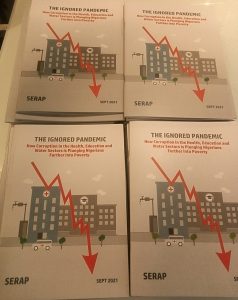
Presenting the report titled, “The Ignored Pandemic: How Corruption in the Health, Education and Water Sectors is Plunging Nigerians further into Poverty,” during the launch on Thursday, the Senior Research Fellow at the Anti-Corruption Academy of Nigeria, an arm of the ICPC,Dr. Elijah Okebukola, disclosed that the report’s survey covered the six geopolitical zones of the country, relying on data from the National Bureau of Statistics (NBS).
The report urged President Muhammadu Buhari to “promptly propose an executive bill to amend the Nigerian Constitution of 1999 [as amended] to recognize Nigerians’ socio-economic rights, including the rights to an adequate standard of living, education, quality healthcare, and clean water as legally enforceable human rights.”
“Corruption contributes to poverty and consequential suffering of people living in poor neighbourhoods. 57.30% of people living in poor neighbourhoods were youth of between 18 and 35 years old. Poor people are victims and not perpetrators of corruption in the health, education and water sectors.
“Many of the 36 states in Nigeria have no documented policies for helping people living in poverty or people earning low income to have access to health, education and water. Even if these policies existed, they were not known to the public officers who serve the people living in poor neighbourhoods.
“93.20% of people living in poor neighbourhoods were younger than 60 years old. People living in poverty were mostly self-employed (57.20%) or unemployed (20.10%) and were living in extreme poverty. Those who were unemployed outnumbered the combined number of those who worked for the government (8.30%) and private sector (7.20%).
“48.90% of people living in poverty, that is, more than 27,453,154, earned less than 100 thousand Naira per annum. 27.9 per cent, that is more than 15,663,456, earned between 100 and 200 thousand Naira per annum.
“10.70% earned between 201 and 300 thousand Naira per annum. 12.50% earned more than 300 Naira per annum. 65% of people living in poor neighbourhoods stayed in either one-bedroom or two-bedroom accommodation.
“Up to 4% of people living in poverty, that is, about 2,245,657 had physical disabilities,” it said.
According to the SERAP Report, 79 per cent of people living in poverty; more than 44.3 million Nigerians, relied on personal wells or boreholes for water supply, adding that about 19 million Nigerians, did not use the government’s medical facilities at all.
The report also showed that more than 2.9 million Nigerians who went to government medical facilities, were denied medical treatment in the last one year, due to lack of equipments or bed-space
“79% of people living in poverty; that is more than 44,351,722, did not get water from the governmental public water provider. 50.14% of people living in poverty; that is 22,237,953 people, relied on personal wells or boreholes for water supply.
“23.96%, that is more than 10,626,673 of people living in poverty got water from streams or rivers; 10.51% got water from neighbours’ houses; and 1.54% received water from other sources,” the report reads in part.
SERAP urged the Buhari administration to “ratify the Optional Protocol to the International Covenant on Economic, Social and Cultural Rights which allows individuals and groups whose socio-economic rights are violated to access international accountability mechanism in the form of the Committee on Economic, Social and Cultural Rights.”
They also called on Buhari to increase investment in public health, the healthcare system, education services, provision of clean water and other basic public goods and services that will benefit majority of the population.
Among the people who attended the report launch are Mr. Ibrahim Yusuf, Permanent Secretary, Office of the Head of Service of the Federation; Agugro R.I., Office of the Secretary to the Government of the Federation; and Mrs Veronica Agugu, Permanent Secretary, Political and Economic Affairs, Office of the Secretary to the Government of the Federation.
The report launch was also attended by Professor Akin Oyebode; Mr Femi Falana, SAN; Dr. Oby Ezekwesili; Ms Funmi Iyanda; Sina Fagbenro; Hamza Lawal; Ade Adam, the Independent Corrupt Practices and Other Related Offences Commission (ICPC); Dr Ifeyemi Adeniran, Lagos State Ministry of Health; Ibeh Ikem, the Universal Basic Education Commission (UBEC), and Dr Oyetola, Lagos State Ministry of Education.
Others are: Dasuki Ibrahim Arabi, Director-General, Bureau of Public Service Reforms (BPSR); Waheed Ishola, Director, Director at National Orientation Agency; Adelaja Oodukoya, Academic Staff Union of Universities (ASUU); Olayinla Oyeyemi, National Agency for Food and Drug Administration and Control (NAFDAC); Adebusiyi Isaac, United Nations Office on Drugs and Crime (UNODC); and Dr Francis Ojie, National Institute for Legislative and Democratic Studies.
All the participants expressed commitment to ensure the full implementation of the recommendations contained in the report.




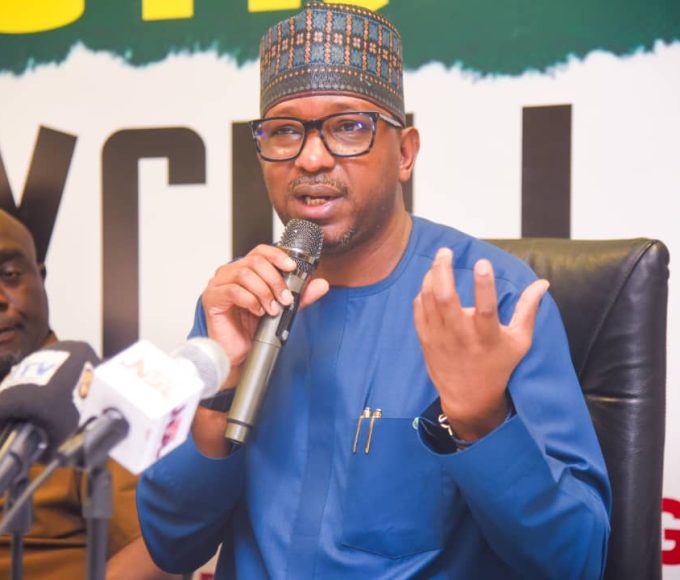


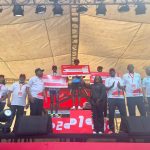
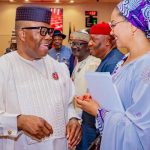
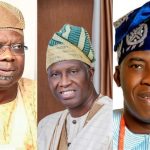
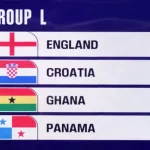


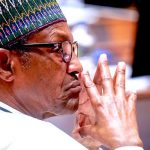

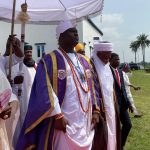

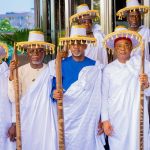

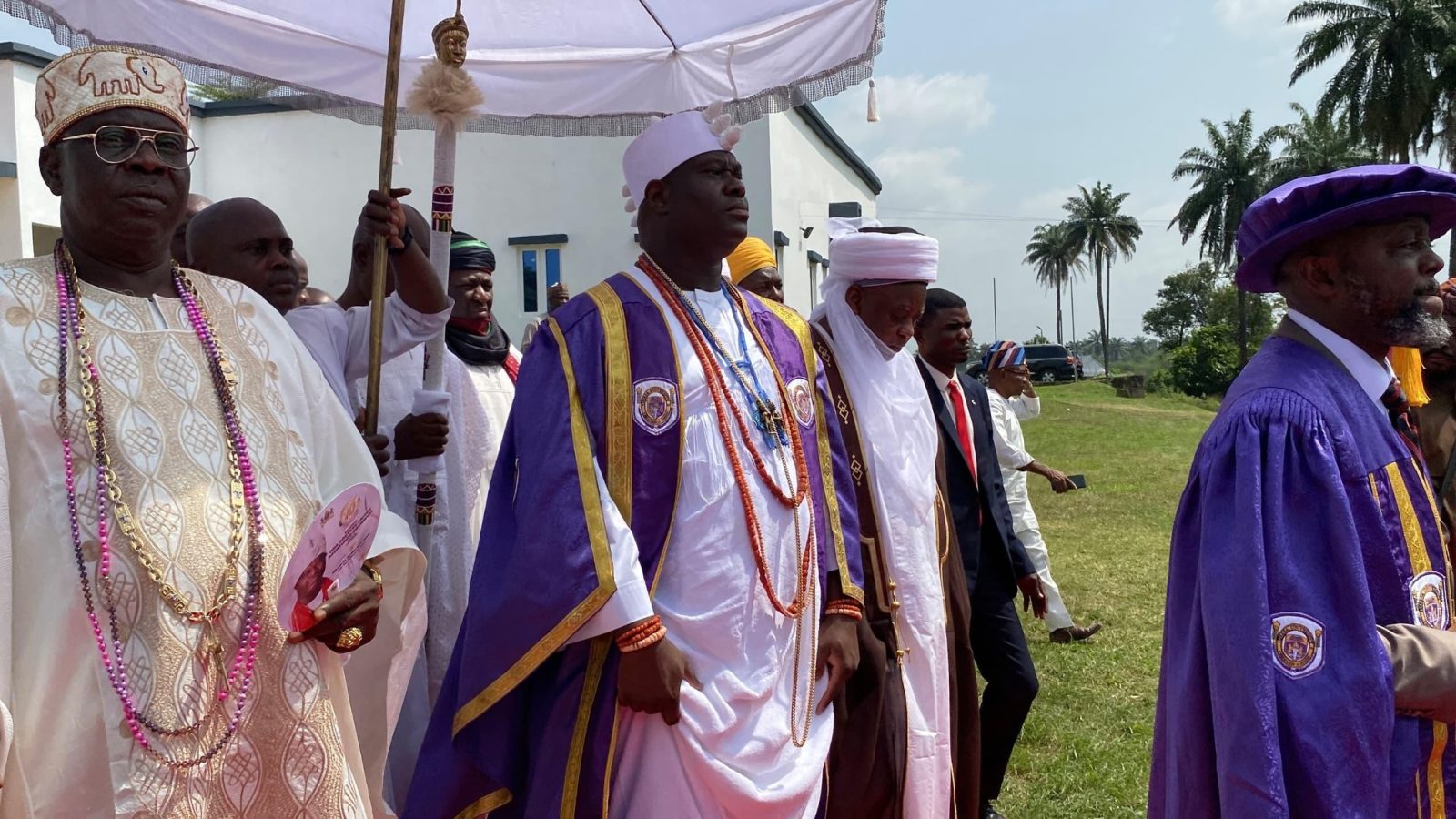
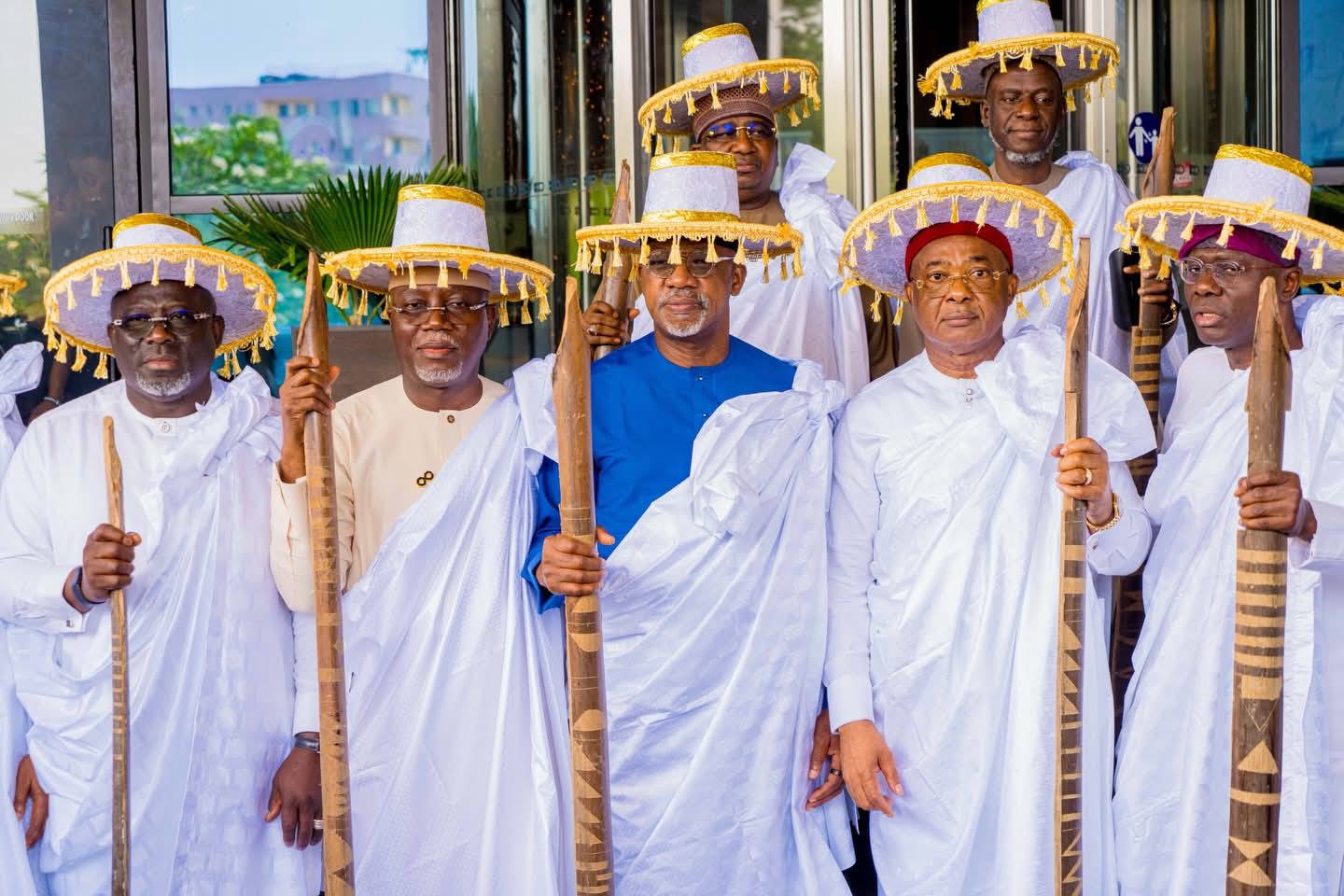
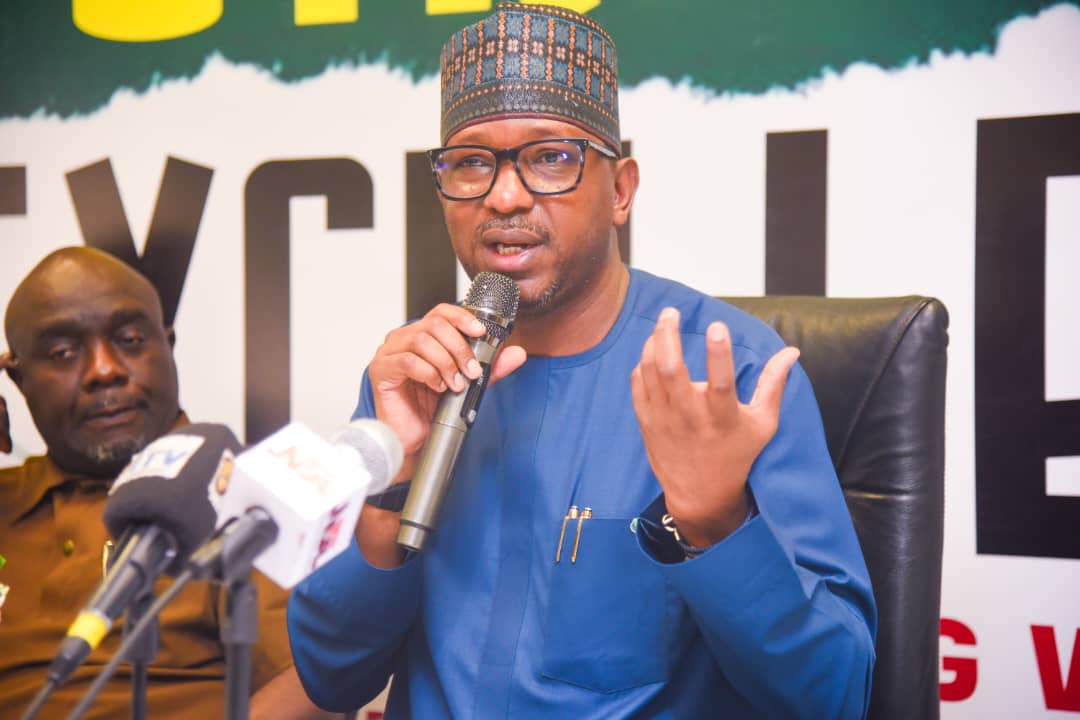
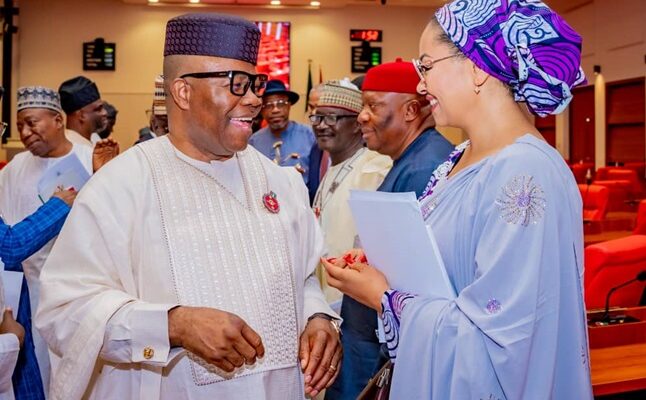
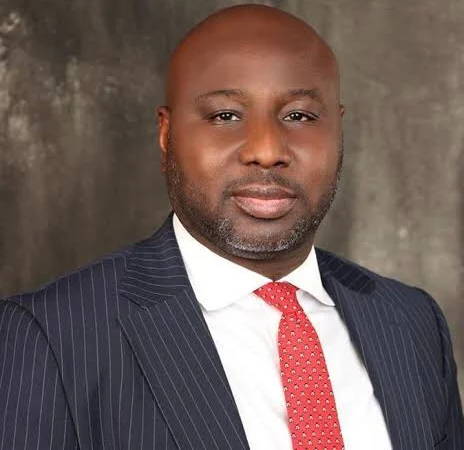
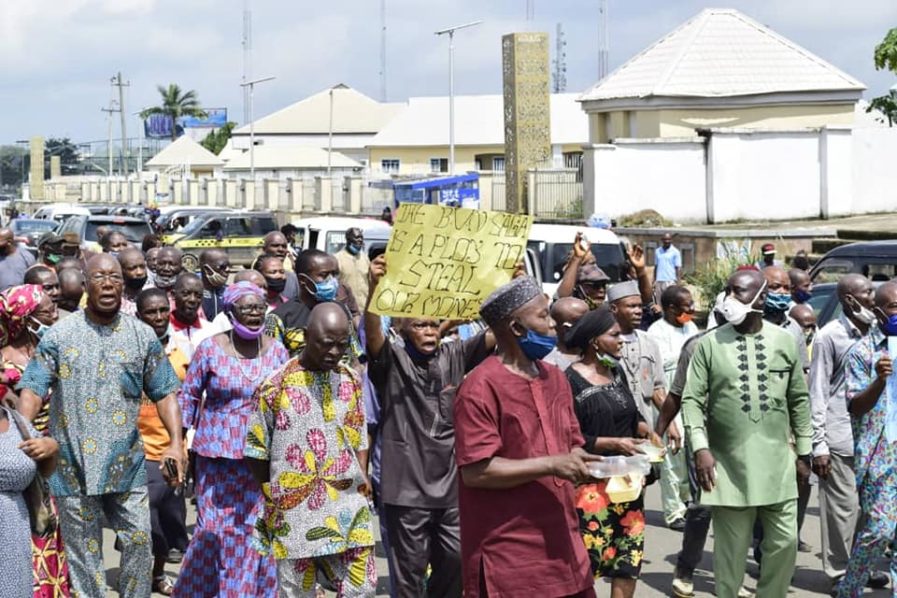


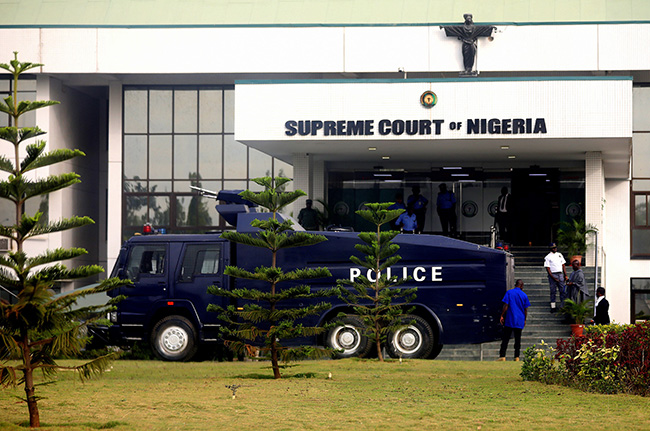
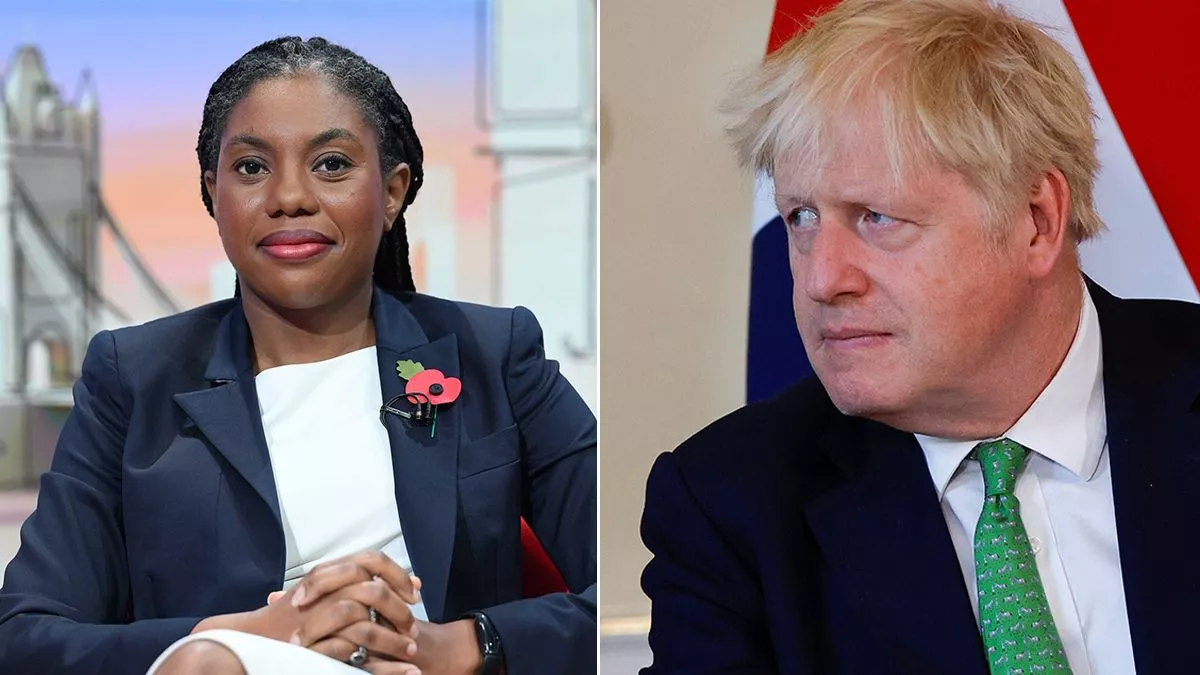
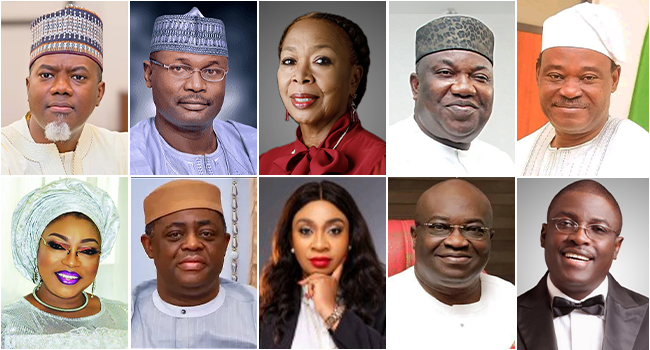

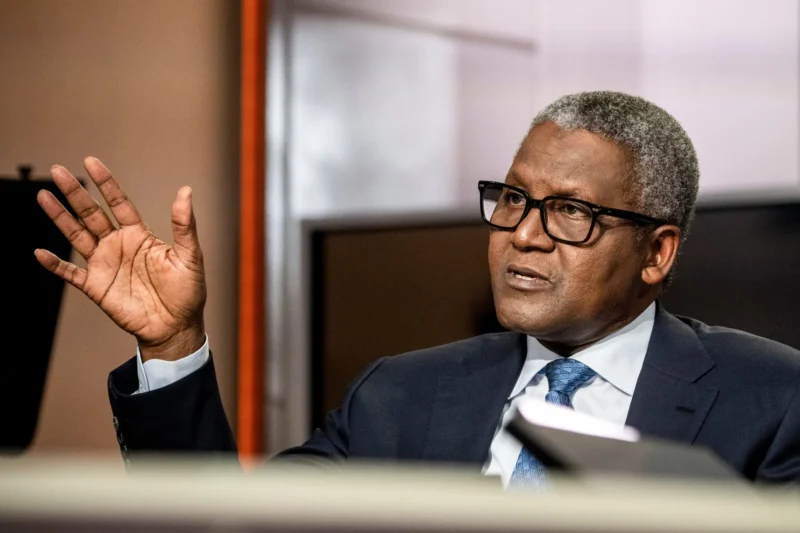
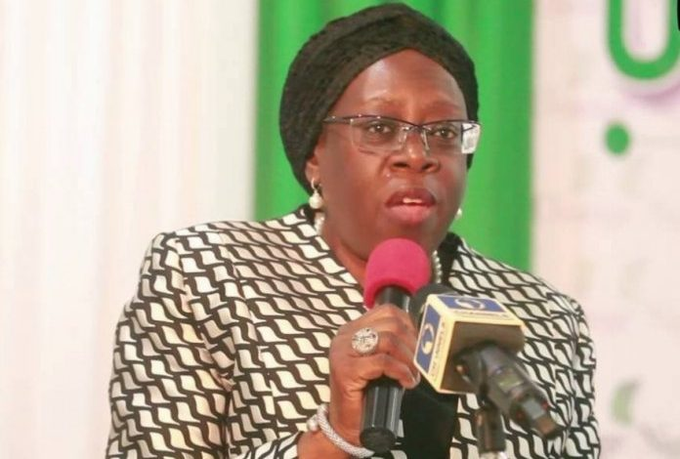
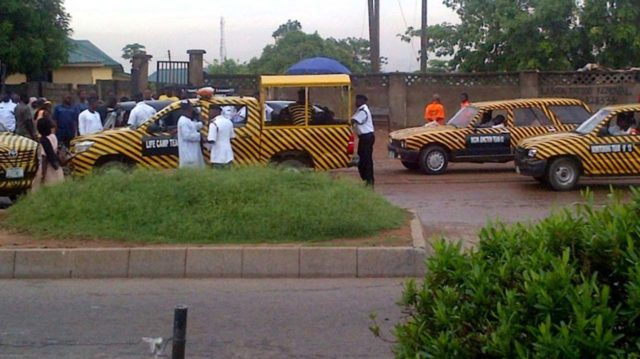
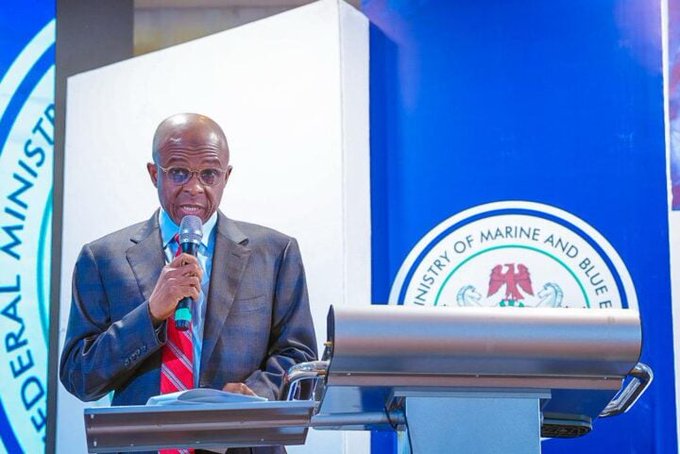
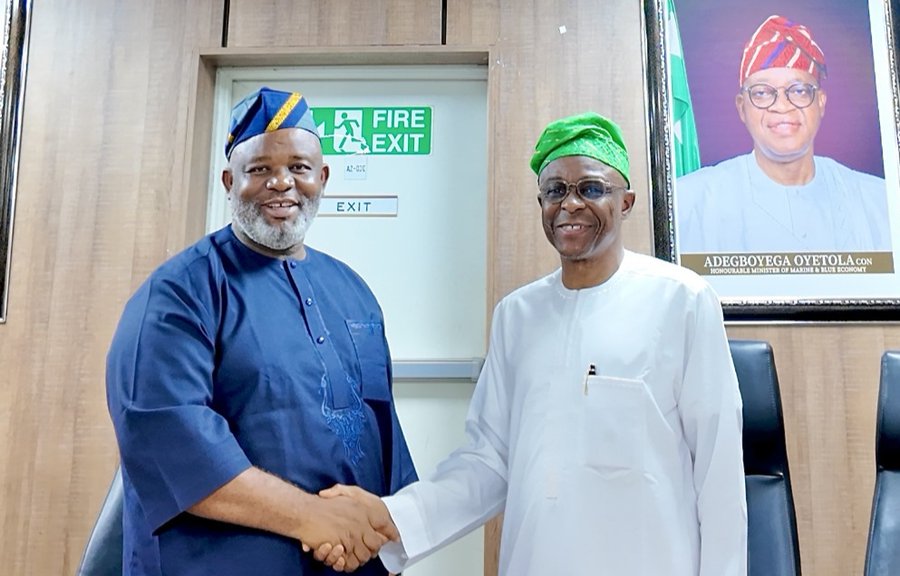
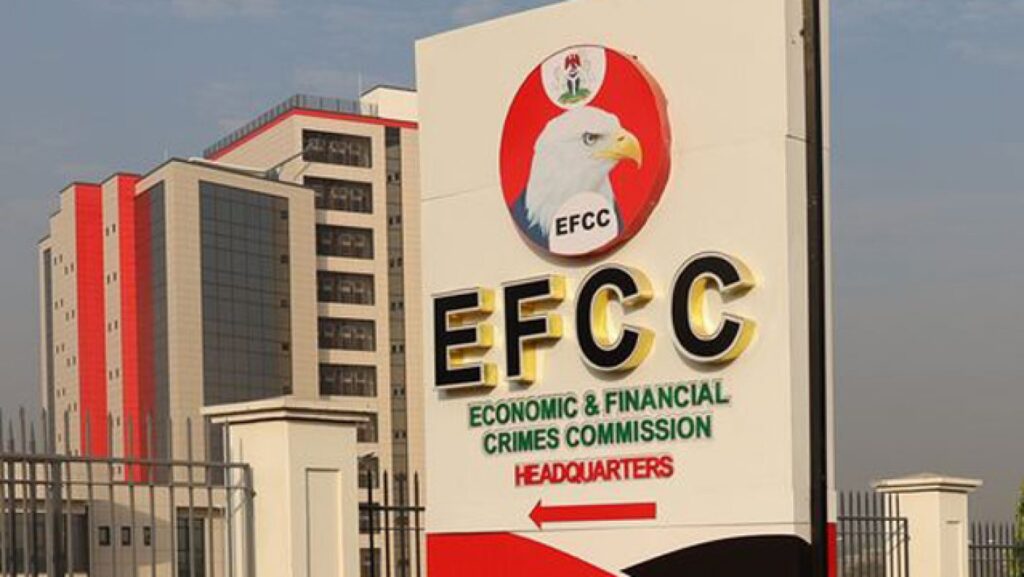

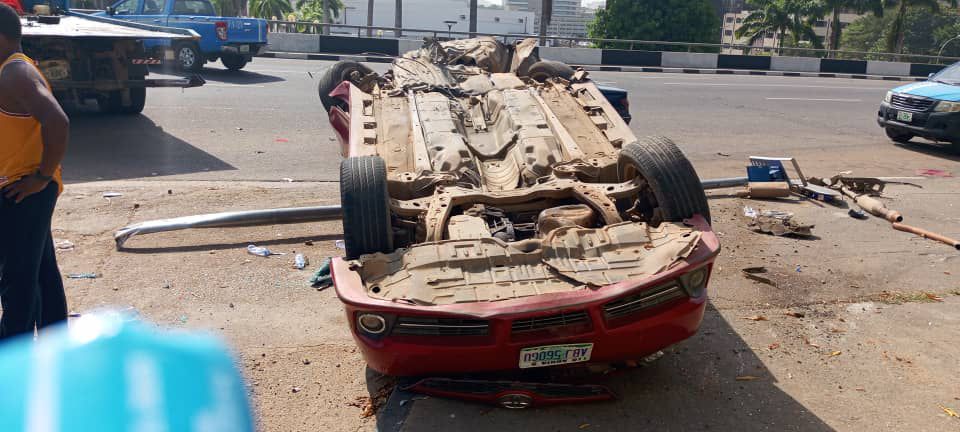
Leave a comment